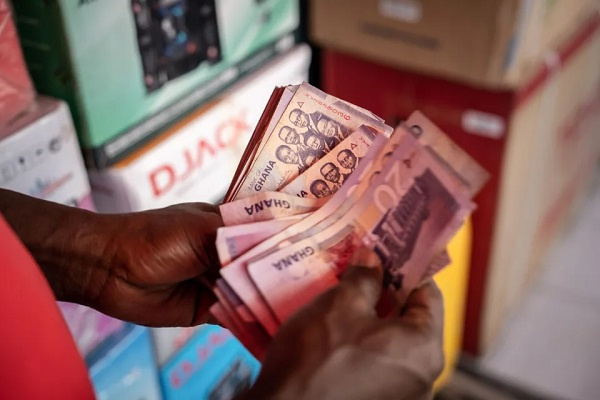Let’s say one day you wake up, and Ghana no longer uses cash. No coins, no notes, no “change” issues with trotro mates—just your phone or digital wallet. Sounds wild, right? But it’s not so far from reality. The Bank of Ghana has already begun testing its digital currency, the e-Cedi. So, what would happen if Ghana went fully digital? Would it be a game-changer or a digital disaster?
Digital currency is exactly what it sounds like—money that only exists in digital form. You don’t carry it in your pocket; it’s stored in your mobile phone or an app. You use it for everything from buying groceries to paying taxes.
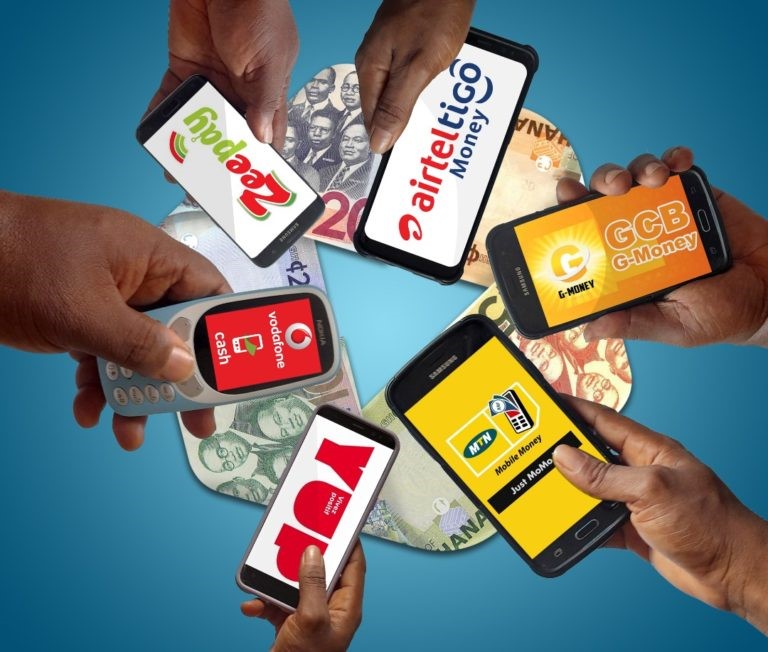
There are three main types:
- CBDCs (like Ghana’s e-Cedi) are backed and regulated by the central bank.
- Cryptocurrencies like Bitcoin are decentralized and not tied to any country.
- Mobile money services (MTN MoMo, Telecel Cash & AT Money) are already super popular in Ghana.
Ghana is already halfway there. Over 55% of the adult population uses mobile money. The e-Cedi pilot, launched by the Bank of Ghana, aims to modernize and simplify the economy even further.
But don’t forget—many people still rely heavily on cash, especially in rural areas. Street vendors, market traders, and some public transport operators still operate in a mostly cash-based system.
Benefits of Going Fully Digital
1. Greater Financial Inclusion
Digital currency could empower millions of Ghanaians who don’t have access to traditional banks. A mobile phone and a national ID might be all they need to join the formal financial system.
2. Fast, Easy Transactions
No more searching for exact change. Transactions would be instant, whether you’re paying for waakye or sending money to a relative in another region.
3. Reduced Corruption and Fraud
Every digital transaction leaves a trail. That makes it much harder for corruption, tax evasion, and money laundering to thrive.
4. Better Tax Collection
When businesses and individuals operate in the digital space, it becomes easier for the Ghana Revenue Authority to track incomes and apply fair taxation.
5. Economic Transparency
Digital currencies can help the government and financial institutions understand spending patterns and economic trends more accurately.
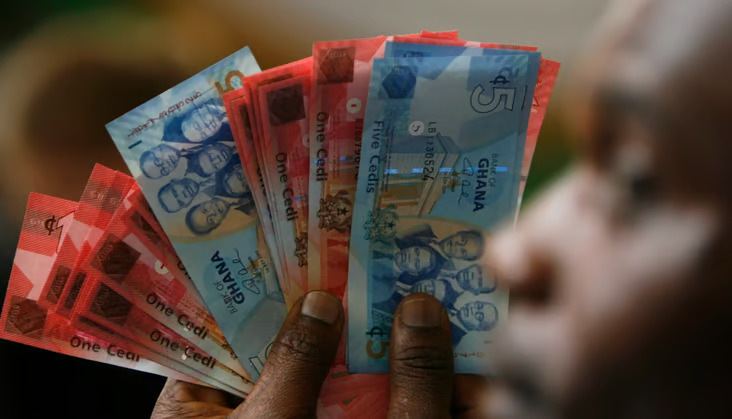
The Flip Side: Challenges and Risks
1. Cybersecurity Threats
The more digital you go, the more vulnerable you are to hackers. Ghana would need airtight cybersecurity systems to protect people’s money.
2. Digital Literacy Gaps
Not everyone is comfortable with digital tech. Older generations and less tech-savvy citizens could be left behind if proper education isn’t provided.
3. Rural Connectivity Issues
Many rural areas still struggle with internet access and network reliability. A cashless society can’t work unless everyone has access to stable digital infrastructure.
4. Dependency on Technology
What happens during a power outage or a system failure? A fully digital system could be risky without backup plans.
5. Exclusion of Vulnerable Groups
People without smartphones or IDs might struggle to access digital financial services, creating a new form of inequality.
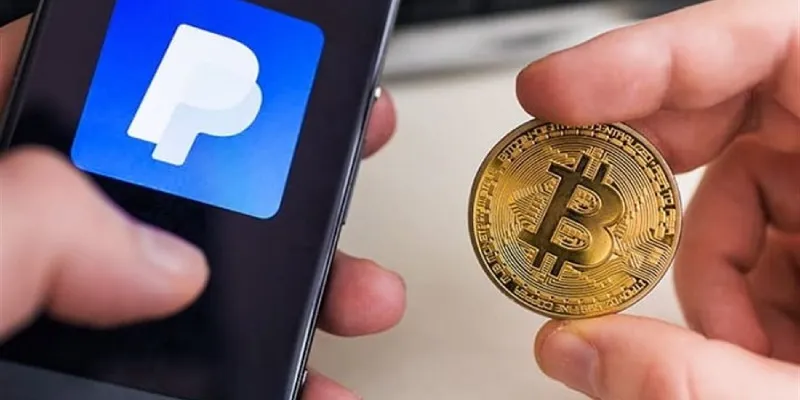
How It Would Affect Different Parts of Society
- Consumers would enjoy easier transactions but would need to adjust to new technology.
- Small businesses could benefit from faster payments but may face new transaction fees.
- Banks might shift from cash handling to becoming tech-based financial service providers.
- The Government would gain better control over monetary policy and fiscal transparency.
Lessons from Other Countries
Nigeria’s rollout of the e-Naira faced low adoption due to lack of trust and poor awareness. China’s digital yuan, on the other hand, succeeded thanks to wide smartphone access and aggressive state promotion.
Ghana can learn from both: success depends not just on the tech, but on how it’s introduced and explained to the public.
How Ghana Could Make the Transition
- Public Awareness Campaigns – Teach people how digital money works, especially in rural and underserved communities.
- Improve Infrastructure – Expand internet access and support affordable smartphones.
- Build Trust – Ensure strong privacy, transparency, and security.
- Partner with Fintech – Collaborate with private tech companies that already understand local needs.
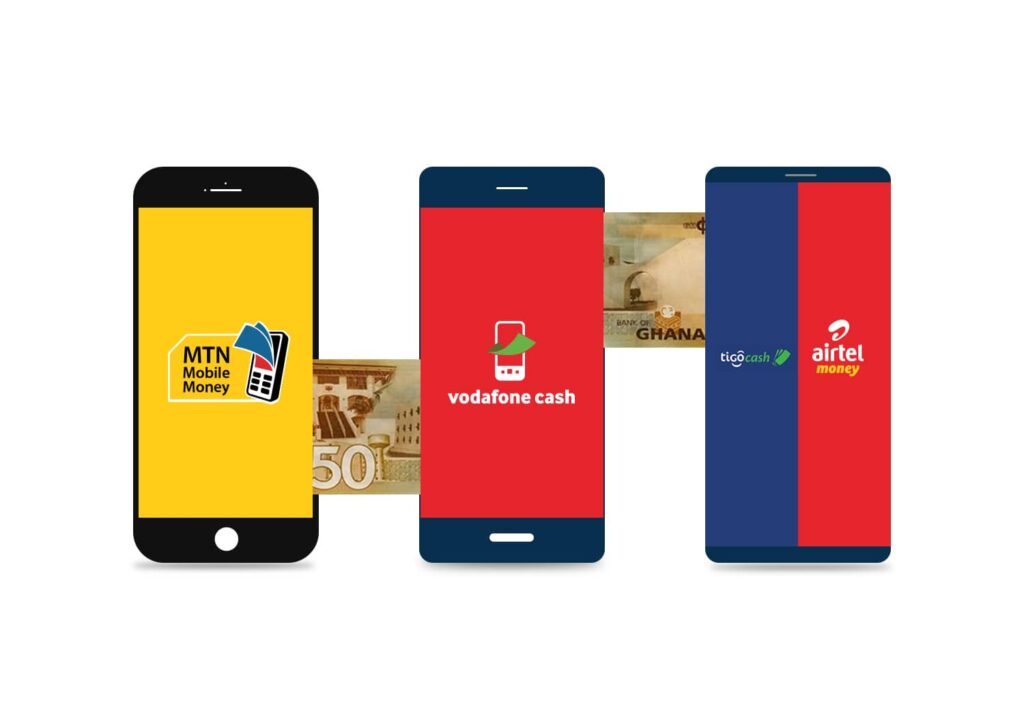
The Role of the Bank of Ghana
The Bank of Ghana must take the lead, but it can’t go it alone. It should:
- Ensure the e-Cedi is safe, stable, and easy to use.
- Work with telecom and fintech companies to broaden access.
- Monitor and regulate the system to prevent abuse and fraud.
So, Could It Work?
With the right mix of education, infrastructure, trust, and inclusivity—yes. Ghana could be the first country in West Africa to successfully go fully digital with its currency. But it won’t be overnight. The key is a step-by-step approach that brings everyone along for the ride.

Going 100% digital with currency in Ghana could revolutionize the economy. From easier payments to increased financial transparency, the benefits are exciting. But let’s not ignore the challenges—cybersecurity, infrastructure, and education are all crucial pieces of the puzzle. With strong leadership, clear communication, and a focus on inclusion, Ghana could be a model for the rest of Africa. The future is digital—will Ghana be ready?

